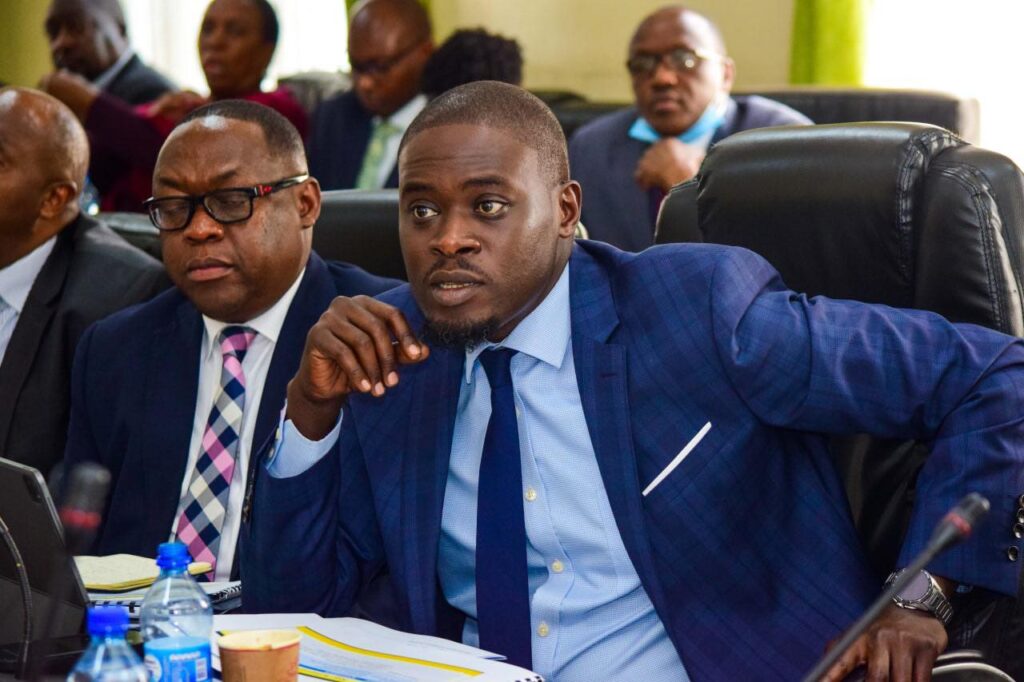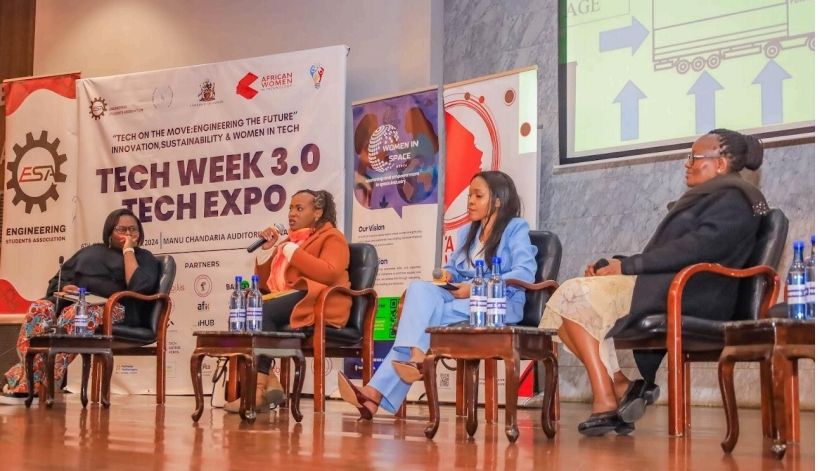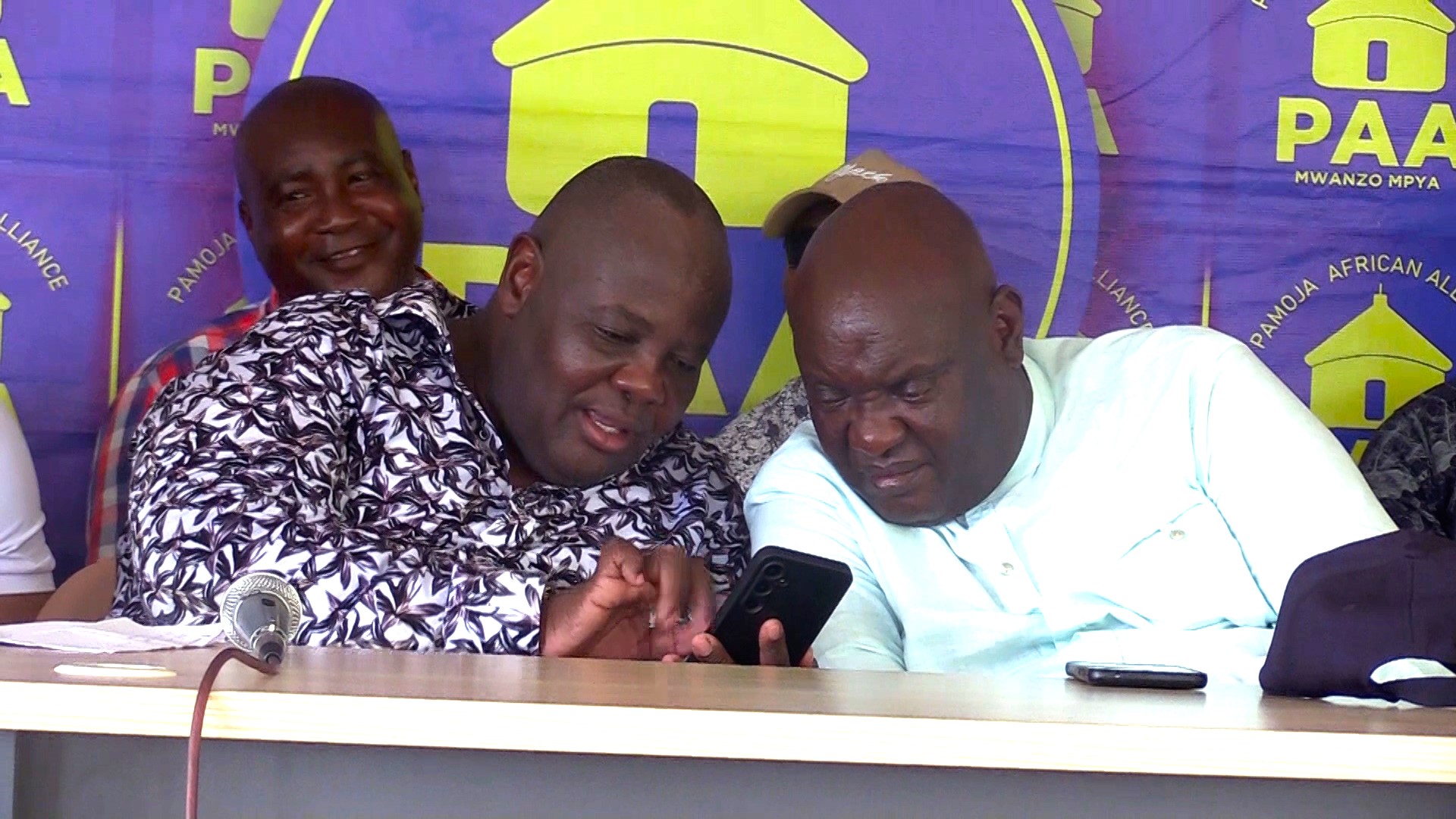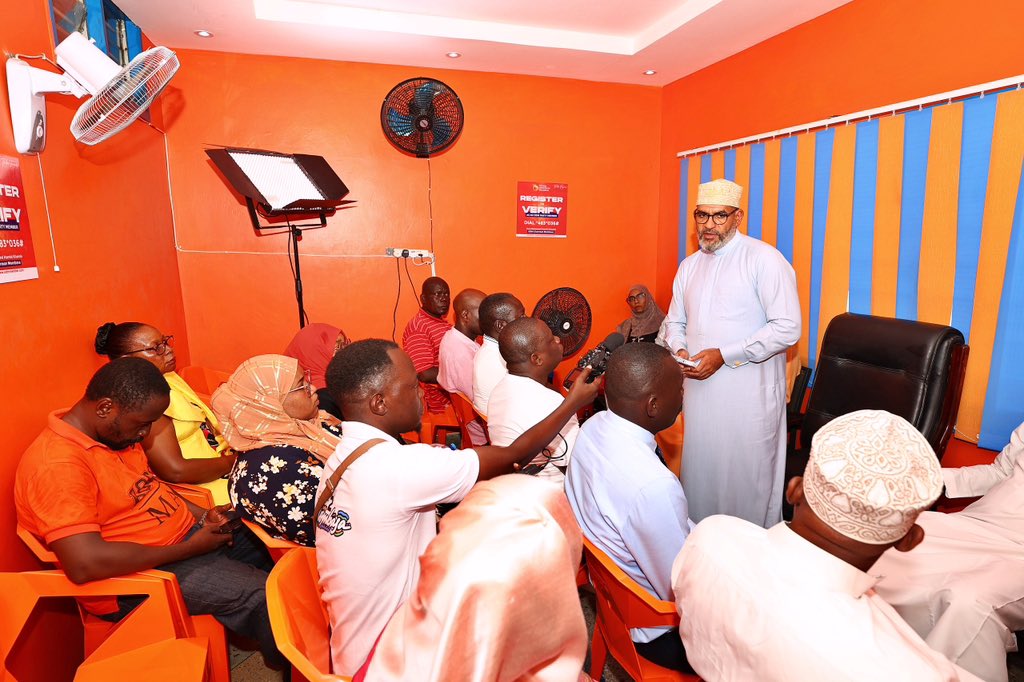Nairobi Launches Probe into Suspected Revenue Irregularities

The Committee on Revenue Collection in Nairobi City,has expressed grave concerns regarding suspected revenue leakages and misdeclarations in Governor Johnson Sakaja’s administration.
In response, the committee, spearheaded by the Majority Leader and Makongeni Member of the County Assembly (MCA), Peter Imwatok, is demanding a comprehensive ten-year revenue collection report.
Imwatok, who heads the committee, has called upon the county’s Finance team, led by Finance County Executive Committee Member (CECM) Charles Kerich, to furnish the assembly with detailed revenue reports spanning the past decade.
Additionally, the committee is seeking information on contracts with revenue service providers. However, the initial proceedings faced a setback as Kerich’s team failed to produce the requested documents.
During the inquiry, Kerich cited late communication as the reason for the unavailability of documents, placing blame on acting County Secretary Patrick Analo.
He requested a seven-day extension to prepare the necessary records, a timeframe deemed excessive by the committee.
Imwatok affirmed the committee’s commitment to its mandate under Standing Order 211, stating that relevant witnesses, including Kenya Revenue Authority (KRA) commissioners and those overseeing domestic revenue, will be summoned to provide insights into the ongoing investigations.
The committee, resolute in its purpose, aims to scrutinize the collection and utilization of taxes and revenue paid by Nairobi residents, irrespective of challenges.
Notably, the chairman highlighted that since 2015, no governor has surpassed the revenue collection record set during Evans Kidero’s tenure, emphasizing the need for the committee’s investigative efforts.
Concerns were raised over the intermittent system failures of the Nairobi Revenue Services (NRS), leading to significant shortfalls in cumulative revenue from various streams. The assembly formed a special committee to delve into these issues. Allegedly, daily collections in Nairobi have plummeted to less than Sh10 million.
The Nairobi Revenue System, established at a cost of Sh160 million, came into use during the period of the now-defunct Nairobi Metropolitan Services, which assumed certain county roles. The committee is poised to uncover the intricacies of revenue collection and utilization, shedding light on the challenges faced by the Nairobi Revenue Services.






